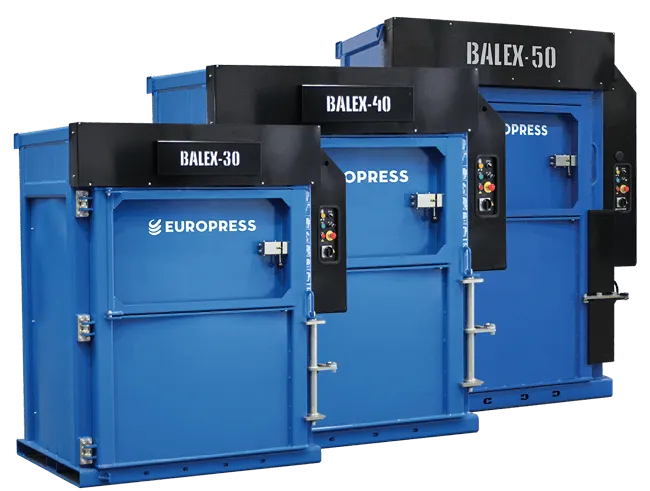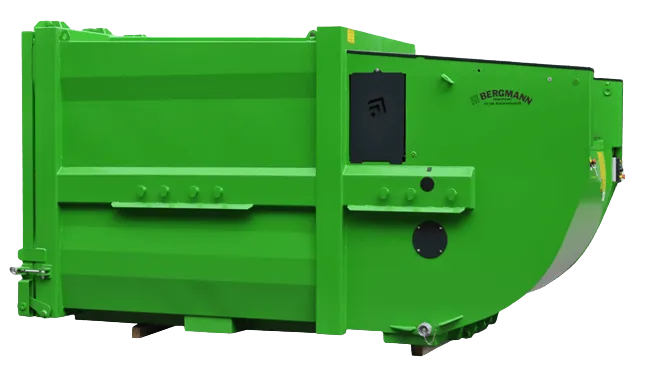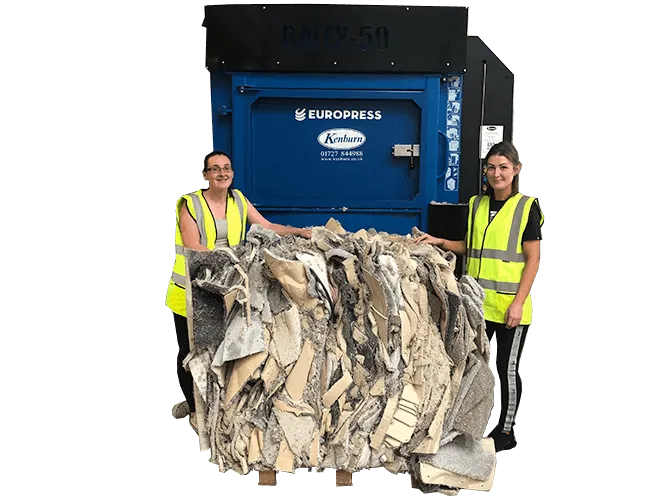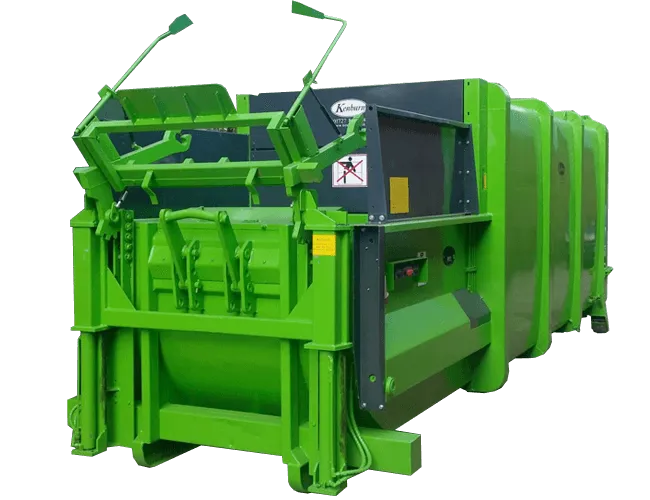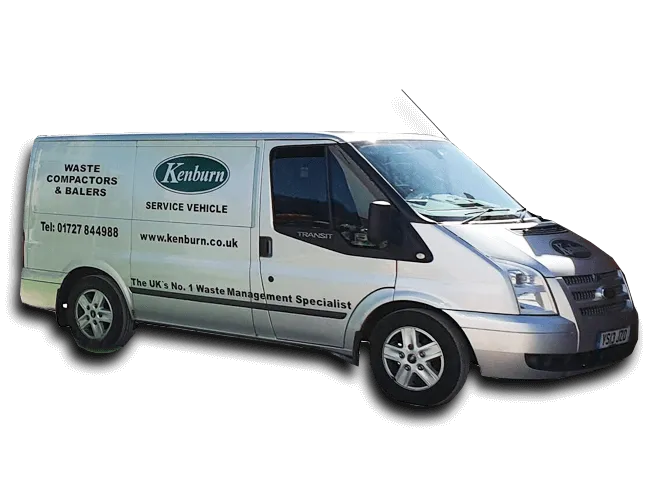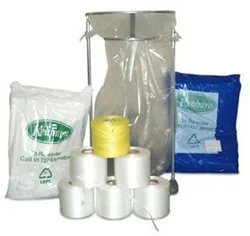How much can you save?
The costs of waste management are rising
 Every business must deal with the issue of waste. For larger companies that produce a lot of waste, this can prove an expensive and time consuming challenge. With disposal attracting ever increasing taxes, fees and regulations, a comprehensive waste management strategy is vital for businesses to reduce excessive costs. Luckily, there are many ways to mitigate both waste and the associated expenditures.
Every business must deal with the issue of waste. For larger companies that produce a lot of waste, this can prove an expensive and time consuming challenge. With disposal attracting ever increasing taxes, fees and regulations, a comprehensive waste management strategy is vital for businesses to reduce excessive costs. Luckily, there are many ways to mitigate both waste and the associated expenditures.
Why should you improve your waste management?

Reduce costs for your business

Cut time spent on waste management

Reduce your environmental impact

Reduce space taken up by waste

Improve your workplace environment
Did you know these key figures?
• Between 4% and 10% of the average businesses annual turnover is spent on waste management.
• UK landfill tax will rise to £91.35 per tonne in April 2019.
• Waste management costs are projected to rise by 3-4% every year for the foreseeable future.
How much does waste management cost businesses?
Waste management can be a large, unavoidable and often misunderstood cost for businesses. Without a strategy, between 4% and 10% of an average company’s annual turnover could be consumed by storing, disposing and paying for the rubbish it produces.
From April 2019, landfill tax will rise to £91.35 per tonne and the costs associated with waste management rise by 3-4% each year. The future is bound to bring further environmental legislation on top of this, increasing the cost and inconvenience of disposing waste.
This is a staggering amount, but fortunately, it can be reduced substantially. Each percentage point of this output you can reduce is a direct increase to your company’s profits. It’s worth spending the time to come up with a plan – any costs associated with improving your waste management may take some time to see a worthwhile return on investment.
Besides increased profits, there are other benefits too. These include freeing up the time your employees would normally spend disposing of waste, minimising the space occupied by rubbish, and improving your working conditions. Additionally, environmental benefits cannot be understated in a time when there is such high demand for green brands and suppliers.
How can you save money on waste management?
Cost savings can be found through several different strategies. The waste hierarchy is key to follow here – prevent, reduce, reuse, recycle, dispose. Decreasing the amount of rubbish that ends up towards the end of the hierarchy cuts the cost of waste management substantially.
- Start by auditing your waste. If you know where it’s being produced, what it is, and how much it’s costing, you can work out the best methods to combat it. Need some help? Kenburn understands business waste so you don’t have to.
- Buy only what your business actually needs. If you find you’re disposing of products or materials that have seen little or no use, can you cut them from your purchases? Not overbuying a product in the first place is the best way to decrease the waste it will cause.
- Limit waste by switching to more eco-friendly or recyclable products. Talk to suppliers to find reductions in packaging, or switch to alternative products completely. Any increased costs will be mitigated by the reduced waste.
- Avoid throwing away materials or items that can be used again. Unused materials could be donated or sold to someone who can benefit from them.
More materials are recyclable than ten years ago, and much of the rubbish we throw away can be recycled. Why send waste to an expensive landfill when you can recycle it and save money? - Identify hazardous waste. It is illegal and dangerous to dispose of hazardous waste such as asbestos, chemicals and fluorescent tubes through standard routes. These items must be disposed of by licensed operators. Some types of waste such as plasterboard and electronics also require special attention and cannot be disposed of in your general refuse.
- Minimising the space taken up by waste means more space to grow. Balers and compactors are the best way to do this, turning rubbish into manageable sized bales which makes transportation easier and cheaper too.
Differences between compacted and uncompacted waste
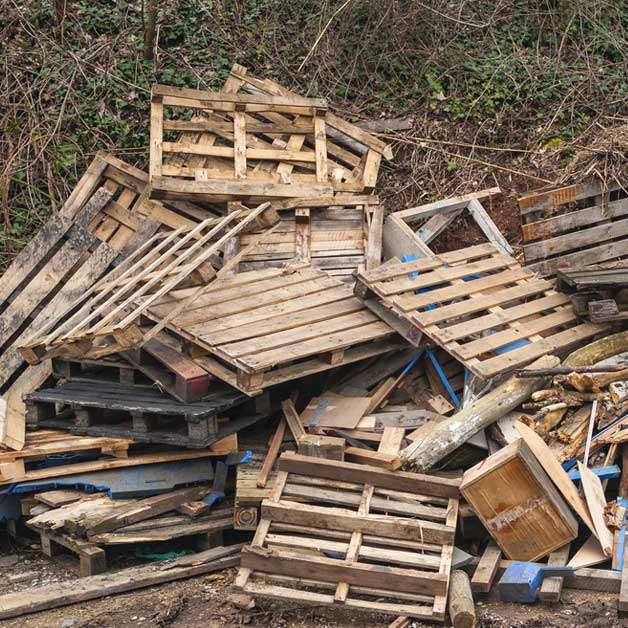
Uncompacted waste can be cumbersome to manage, space-consuming and an eyesore
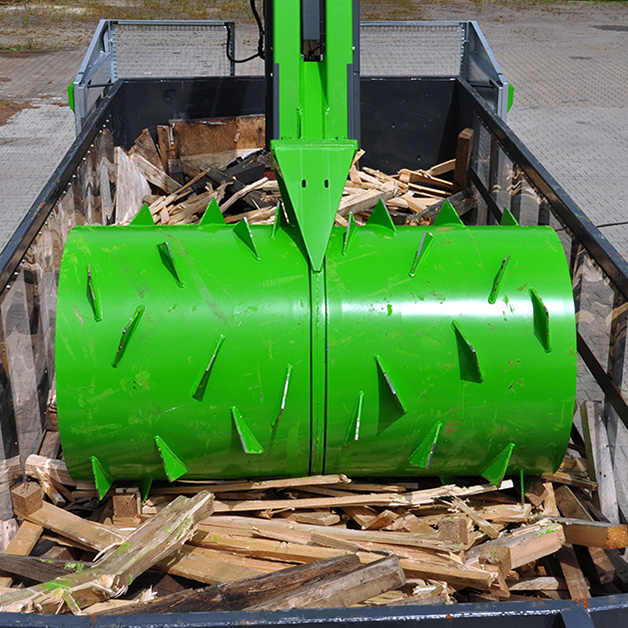
Compacting waste makes it much cheaper and easier to manage
What types of business waste cost the most to dispose of?
Costs for waste disposal vary around the country and depend on whether you independently manage your waste or employ waste contractors. However, some types of waste are far cheaper to dispose of than others. With the government’s landfill tax increasing each year, companies are encouraged to use favourable methods to dispose of rubbish. Waste contractors for example, generally take cardboard and paper in any quantity for free, while it would cost around £90 per tonne in a landfill.
It’s important to note that waste contractors will often not want to audit your waste for you as they want to increase the number of collections you need!
| Type of Waste | Price per Tonne (inc. VAT) | Minimum Charge (for less than a tonne) |
|---|---|---|
| Mixed general waste | £130 to £200 | £30 to £85 |
| Dry mixed recyclables | £50 to £70 | £30 to £50 |
| Cardboard and paper | Free | Free |
| Mixed glass | £10 to £20 | No minimum |
| Green waste | £50 to £65 | £30 to £40 |
| Wood | £90 to £195 | £30 to £50 |
| Inert waste | £40 to £70 | £20 to £40 |
| Food | £60 to £75 | £30 to £50 |
What is the circular economy?
The circular economy aims to improve the life cycle of products and minimise waste. For example, instead of manufacturing 1000 new drills in China and selling them new in Europe, a circular economy model might manufacture 800, and repair 200 old drills locally, or ensure those 800 drills are made of materials that are reusable once they reach their end of life.
What’s the future of waste management?
Consumer-led change
As the world starts to prioritise protecting the environment, the pressure on businesses to improve their practices will increase. Consumers are becoming aware of the impact their purchases have and realise that businesses must pull their weight. We can expect more consumer-led boycotts related to bad environmental practices and switches to eco-friendly products and services.
Laws and regulations
The government will inevitably follow this trend, enacting further environmental legislation and compliance laws. Waste management costs will increase and polluting or companies that produce substantial non-recyclable waste will be hit hardest. On the other hand, there may be more subsidies or tax cuts for companies with good environmental practices.
The circular economy
More businesses are following the principles of a circular economy than ever before. The UK government has also committed to improving circular economy practices, so it’s likely it will reshape the way products are made, used and reused.
What does the circular economy mean for my business?
Aside from boundless environmental benefits, the circular economy has opened up a whole new field of financial opportunities. Businesses have emerged that will purchase used, recyclable, or repairable materials to give them a new lease of life. This includes larger items like furniture, electronics and metals, but also covers recyclables such as cardboard or plastic.
There are criteria that must be fulfilled if these companies are to buy from you, such as keeping recyclables separate from other waste which might contaminate it and packaging it effectively in bales. This can be done by a baler or compactor, which compresses waste into cubes to minimise the space it takes and make transportation easier. Balers come in all sorts of sizes to manage any output a workplace produces.
Ready to reduce your business waste costs?
Don’t let the cost of waste burden your business. Get in touch with Kenburn Waste Management today to get a clear picture on your waste costs. You could be surprised with how much you could save.

